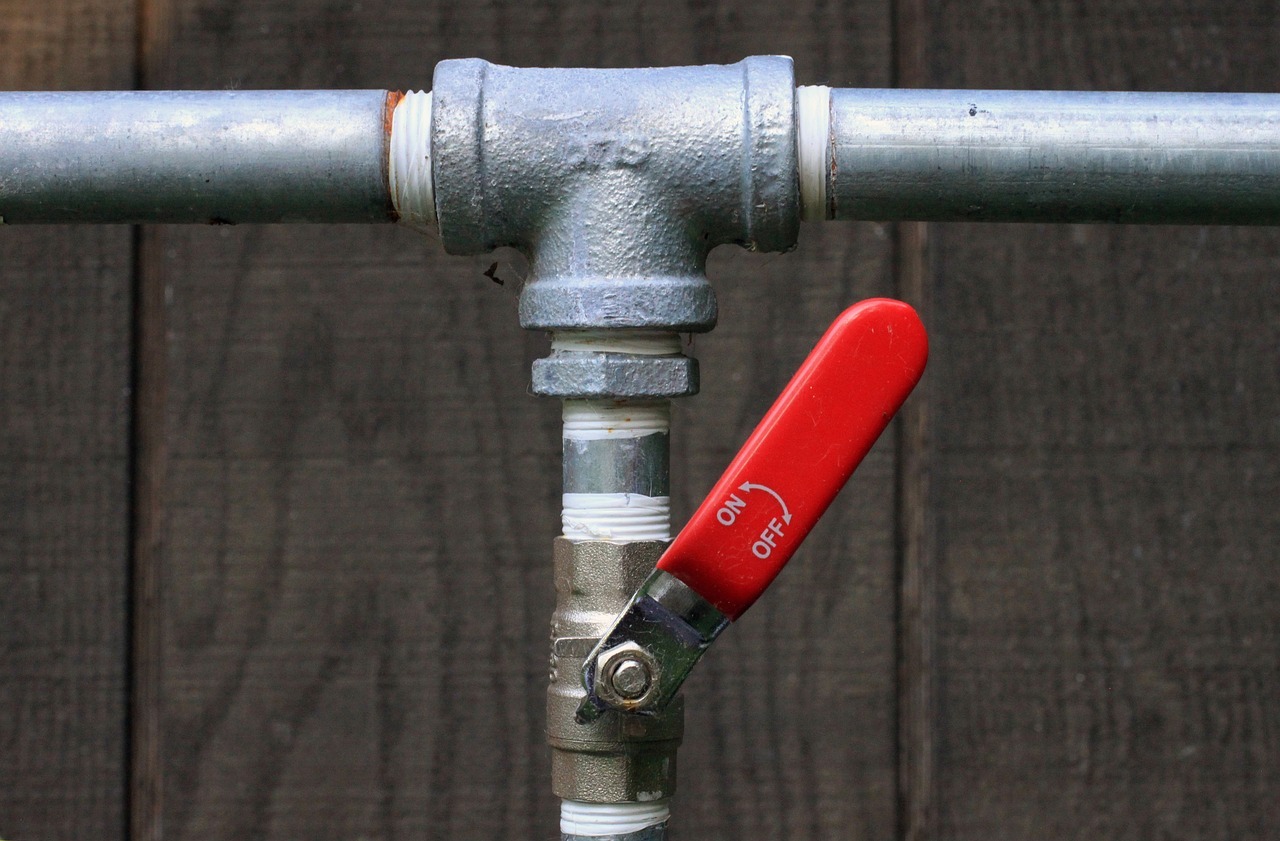Plumbing repair is crucial for proper functioning of any residential, commercial, or industrial property. Plumbing is a system that allows the flow of water, gas, or waste through pipes, valves, and fixtures. However, not all plumbing systems are the same. Different types of plumbing systems, pipes, and fixtures are available in the market. Learn about the various plumbing systems, pipes, and fixtures to choose the right one for your property.
Different Types of Plumbing Systems
There are three main types of plumbing systems: residential, commercial, and industrial.
Residential Plumbing Systems
Residential plumbing systems are designed for homes and small apartments. They are relatively simple and usually consist of a supply line that brings water into the house and a drainage line that takes waste away from home.
The plumbing system typically includes a network of pipes, valves, fixtures, and appliances that work together to deliver and remove water throughout the house. The main water supply enters the home through a water meter and is distributed through a series of pipes to various fixtures, such as sinks, toilets, showers, and washing machines.
Typically, residential plumbing systems can be divided into supply and drainage systems. The supply system brings clean water into the home, while the drainage system removes wastewater and sewage. These systems work together to ensure that the house has a reliable and efficient supply of clean water and that wastewater is safely and effectively removed from the home.
Commercial Plumbing Systems
Commercial plumbing systems are essential for businesses and organizations that require large volumes of water, such as restaurants, hospitals, hotels, and office buildings. These systems are designed to meet the unique needs of commercial spaces, including high water demand, frequent use, and complex layouts.
Unlike residential plumbing systems, commercial plumbing systems typically include larger pipes, pumps, and water heaters to accommodate the increased water demand. These systems are also subject to more stringent codes and regulations than residential plumbing systems to ensure safety, efficiency, and compliance with local laws.
It’s important to note that commercial plumbing systems can vary greatly depending on the type of business and the size of the building. They may include features such as water filtration systems, grease traps, backflow prevention devices, and automatic shut-off valves.
Industrial Plumbing Systems
Industrial plumbing systems are designed to meet the needs of large-scale industrial facilities such as factories, warehouses, and processing plants. These systems must handle a high volume of water and withstand the harsh conditions and heavy usage typical in industrial settings.
Typically, industrial plumbing systems include larger pipes, pumps, and water treatment equipment than commercial or residential systems. They may also have specialized features such as water reuse and recycling systems, process water treatment, and high-pressure water delivery systems.
Properly designed and maintained industrial plumbing systems are essential for ensuring the safety and efficiency of industrial operations. They help minimize the risk of equipment failure, prevent leaks and spills, and ensure that water is delivered to the appropriate areas promptly and efficiently.
Types of Pipes Used in Plumbing Systems
The pipes used in plumbing systems can be made of different materials, each with advantages and disadvantages.
- Copper pipes are the most common type used in residential plumbing systems. They are durable, long-lasting, and resistant to corrosion.
- PVC pipes are also popular and used in residential and commercial plumbing systems. They are lightweight, easy to install, and affordable. PEX pipes are a relatively new type of pipe that is gaining popularity due to their flexibility, durability, and resistance to freezing.
- Galvanized steel pipes are rarely used in modern plumbing systems because they tend to rust and corrode over time.
Types of Plumbing Fixtures
Plumbing fixtures are devices connected to the plumbing system and allow the flow of water or waste. The most common plumbing fixtures include sinks, faucets, toilets, showers, and bathtubs.
- Sinks come in different sizes and shapes and can be made of other materials, such as stainless steel, porcelain, or ceramic.
- Faucets are also available in various styles and finishes, such as chrome, brass, or brushed nickel.
- Toilets can be either one-piece or two-piece and come in different shapes and sizes.
- Showers and bathtubs are available in various styles, such as an alcove, freestanding, or corner.
Choosing the Right Plumbing System For Your Property
Choosing the right plumbing system for your property depends on several factors, such as your property size, budget, and specific needs. For residential properties, copper or PVC pipes are usually the best options, as they are affordable and easy to install. A more complex plumbing system is required for commercial properties, and PEX pipes may be a better option due to their flexibility and durability. Industrial properties require specialized plumbing systems that handle large volumes of water and waste. It is crucial to consult a professional plumber to help you choose the right plumbing system for your property.
Plumbing repair is essential for any property, and choosing the right plumbing system, pipes, and fixtures is crucial for proper functioning of your property. Different types of plumbing systems, pipes, and fixtures are available in the market, and choosing the right one that suits your needs and budget is essential. Consulting a professional plumber is always recommended to ensure that your plumbing system is installed correctly and functions properly.

